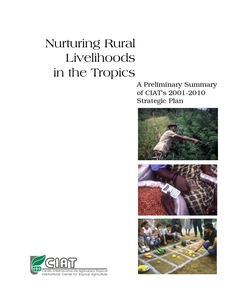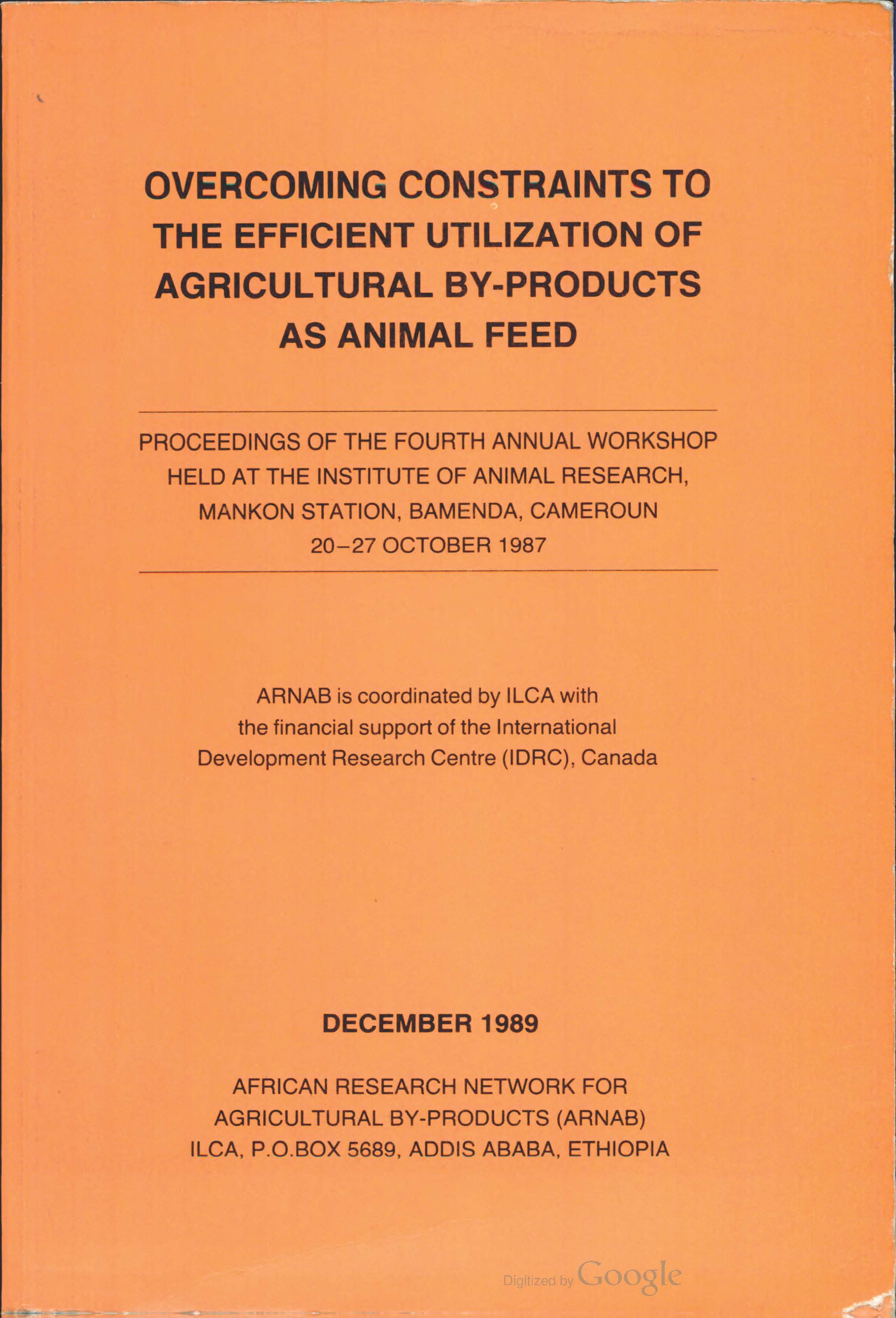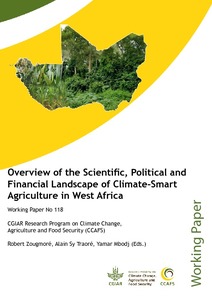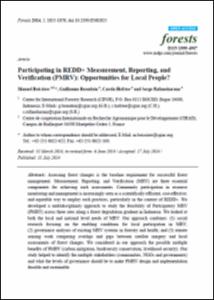Mud, muddle and models in the knowledge value chain to action on tropical peatland issues
Tropical peatlands are known not only for their high, area-based, carbon emissions in response to land-use change but also as hot spots of debate about associated data uncertainties. Perspectives are still evolving on factors underlying the variability and uncertainty. Debate includes the ways of reducing emissions through rewetting, reforestation and agroforestry.







